Whether in manual trades, catering or the health sector, the skills shortage in Germany is omnipresent. To ensure that the state and society remain productive, both now and in the future, the country needs qualified staff from abroad. Labour markets elsewhere face different challenges. Some countries have a surplus of skilled workers, while in other regions the problem is inadequate vocational education and training.
People have better chances of finding decent employment and securing their livelihoods on a sustainable basis if they have a good level of training. This is why GIZ, together with partners from government, civil society and the private sector, strives to train skilled workers around the world and give them a way to improve their prospects in life. The focus here is always on the specific needs of the respective labour market and its wider society.
Below, we present two examples of our work: in Jordan, we support the development of practical training programmes to improve the country’s training system. And under the Triple Win programme, we support the migration of qualified staff to Germany. Both approaches pursue the same goal: creating added value for civil society, the state and the private sector.
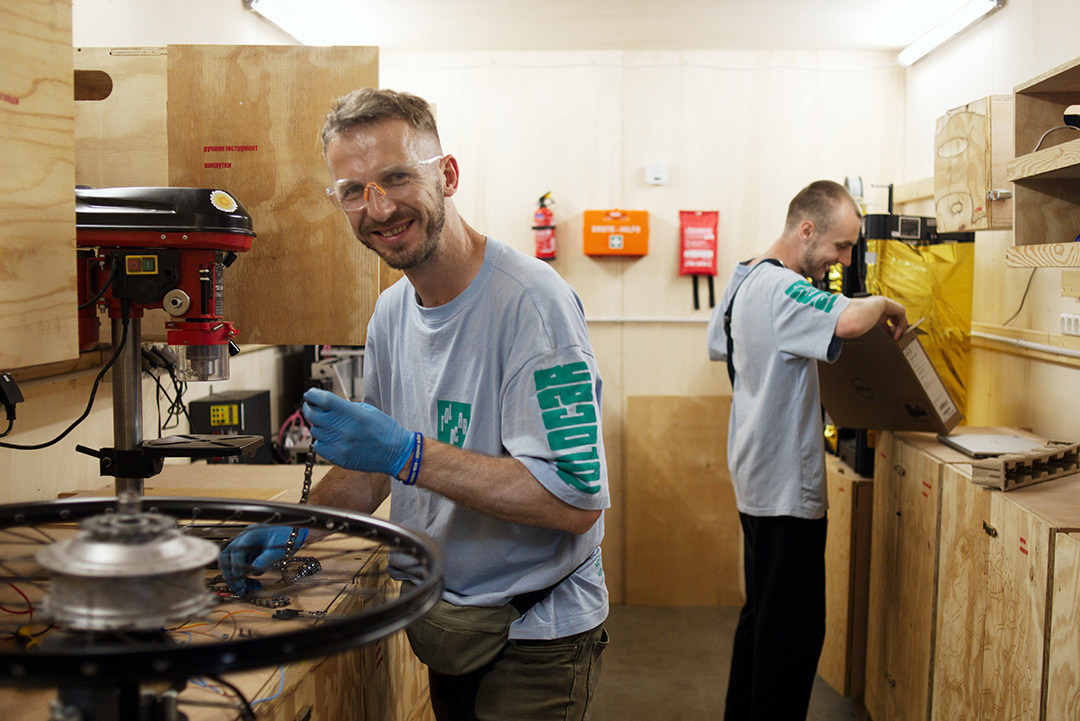
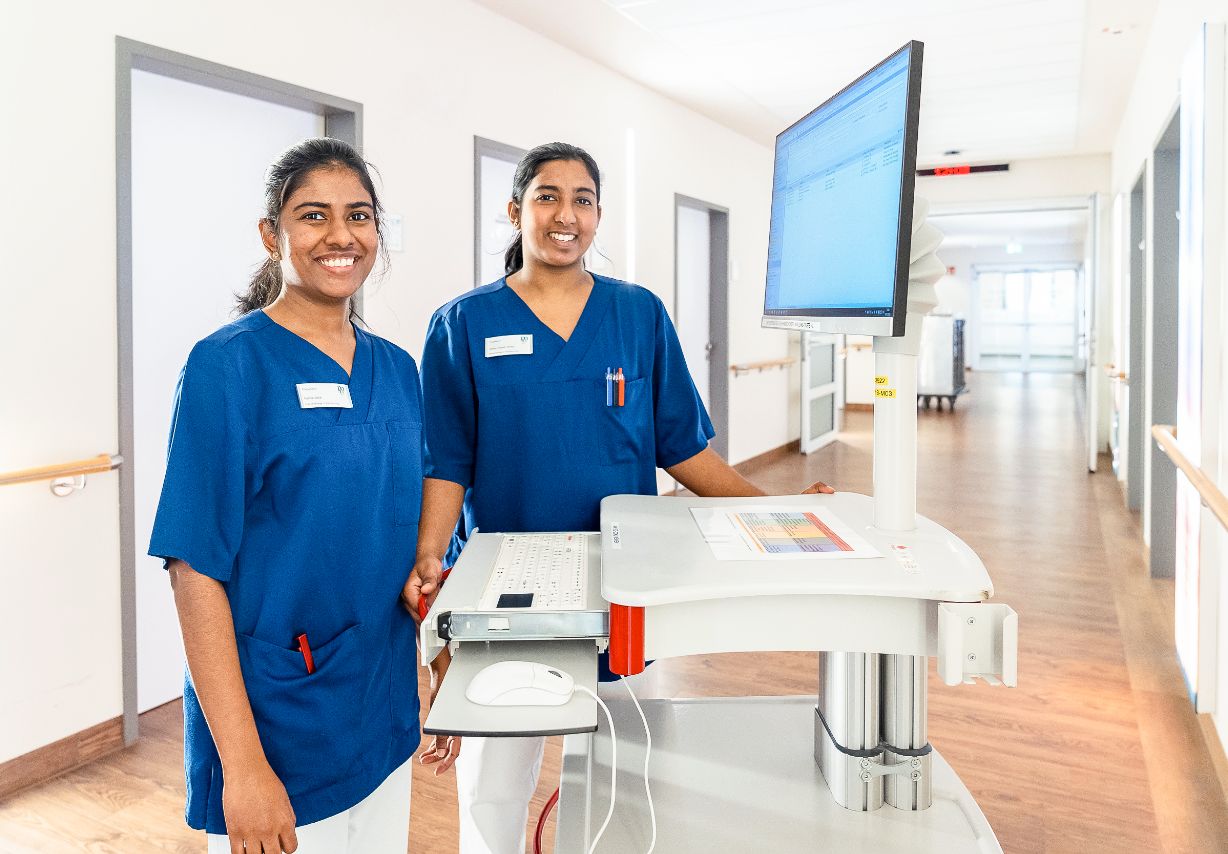
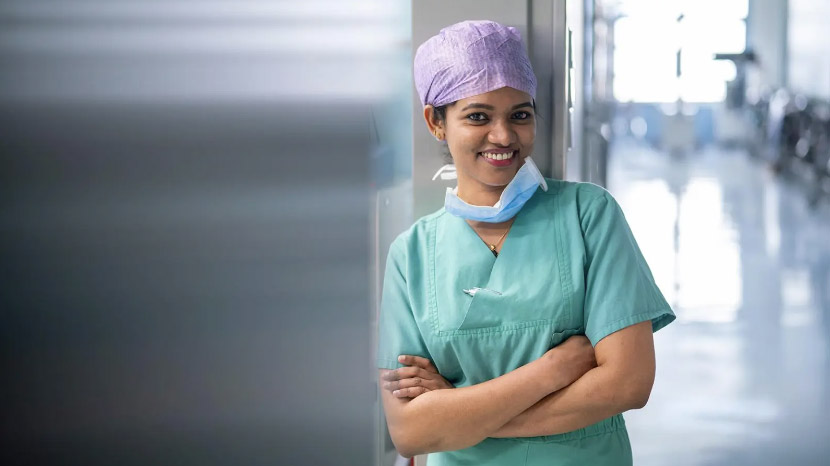
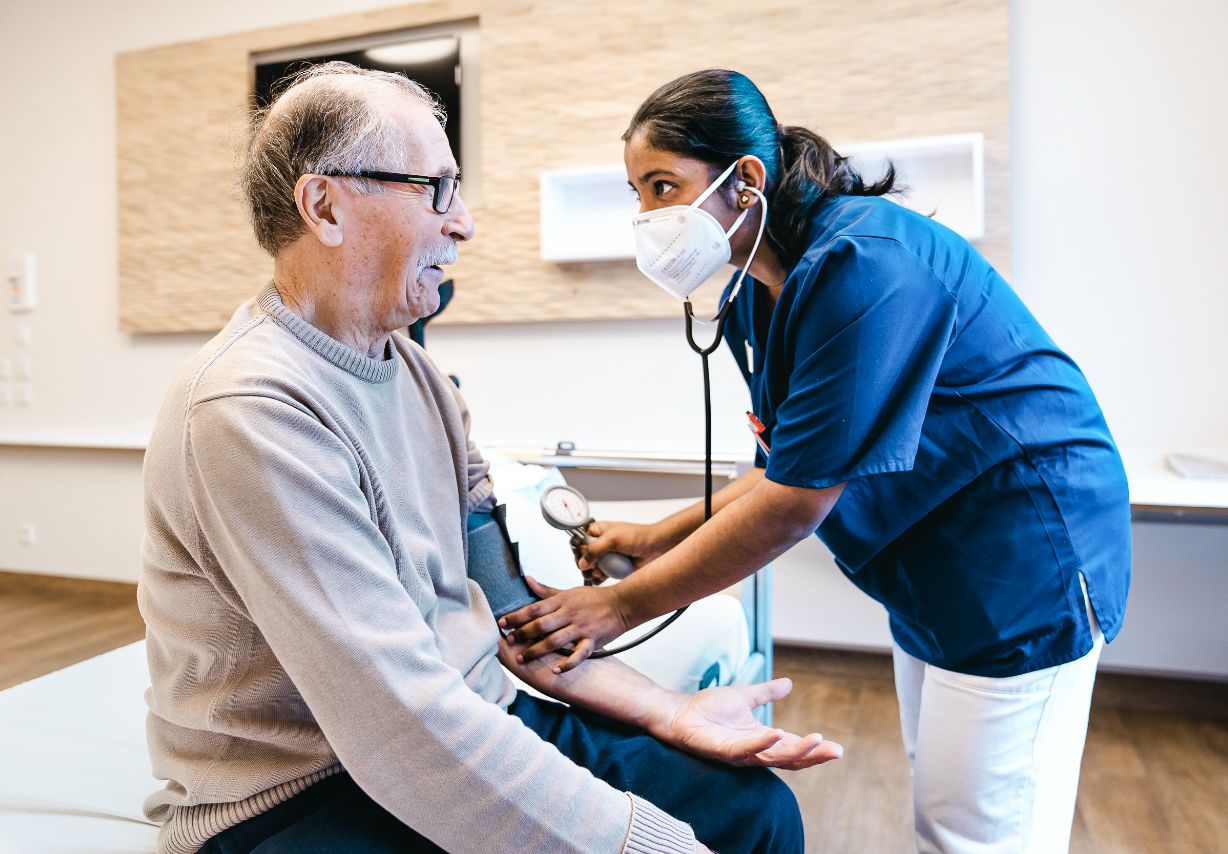
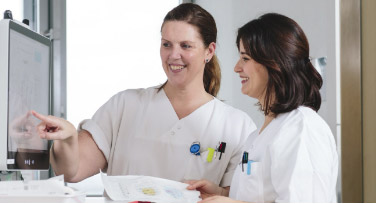

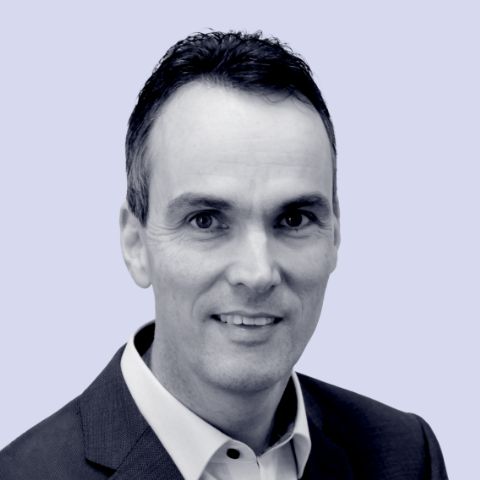
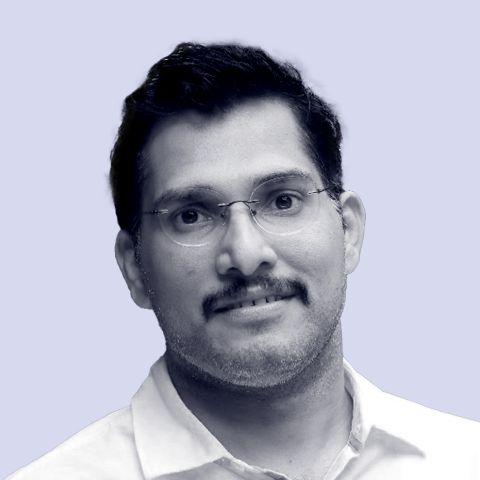
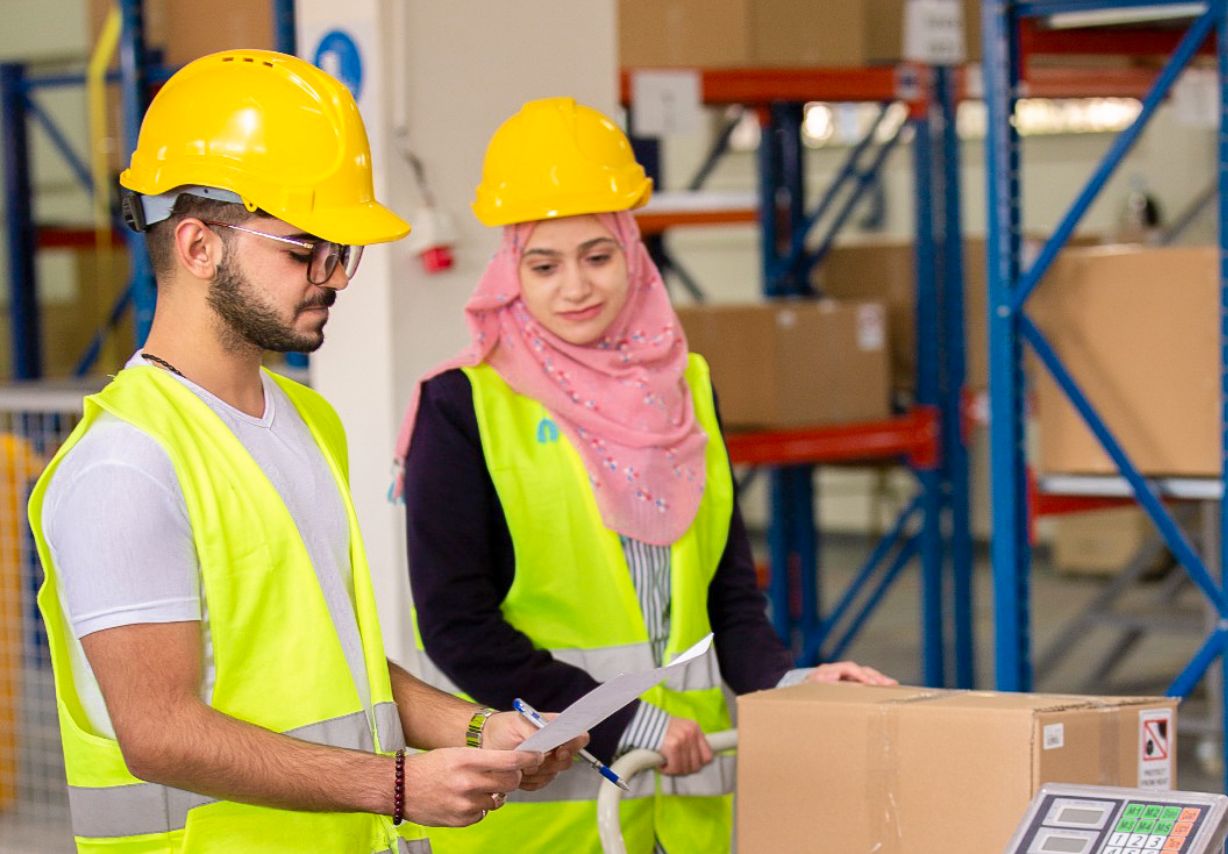
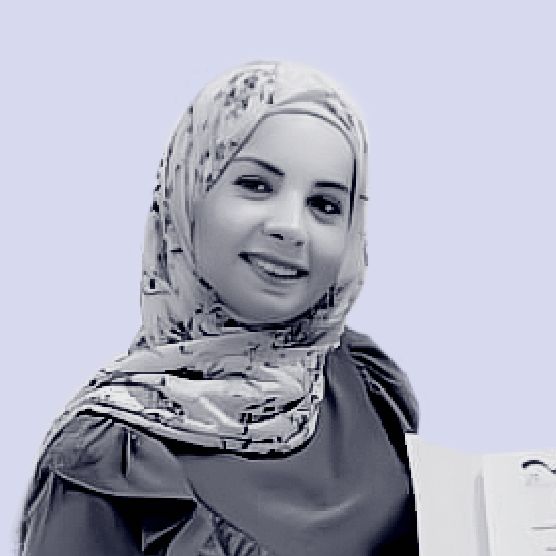
 Fullscreen
Fullscreen Close
Close Download
Download